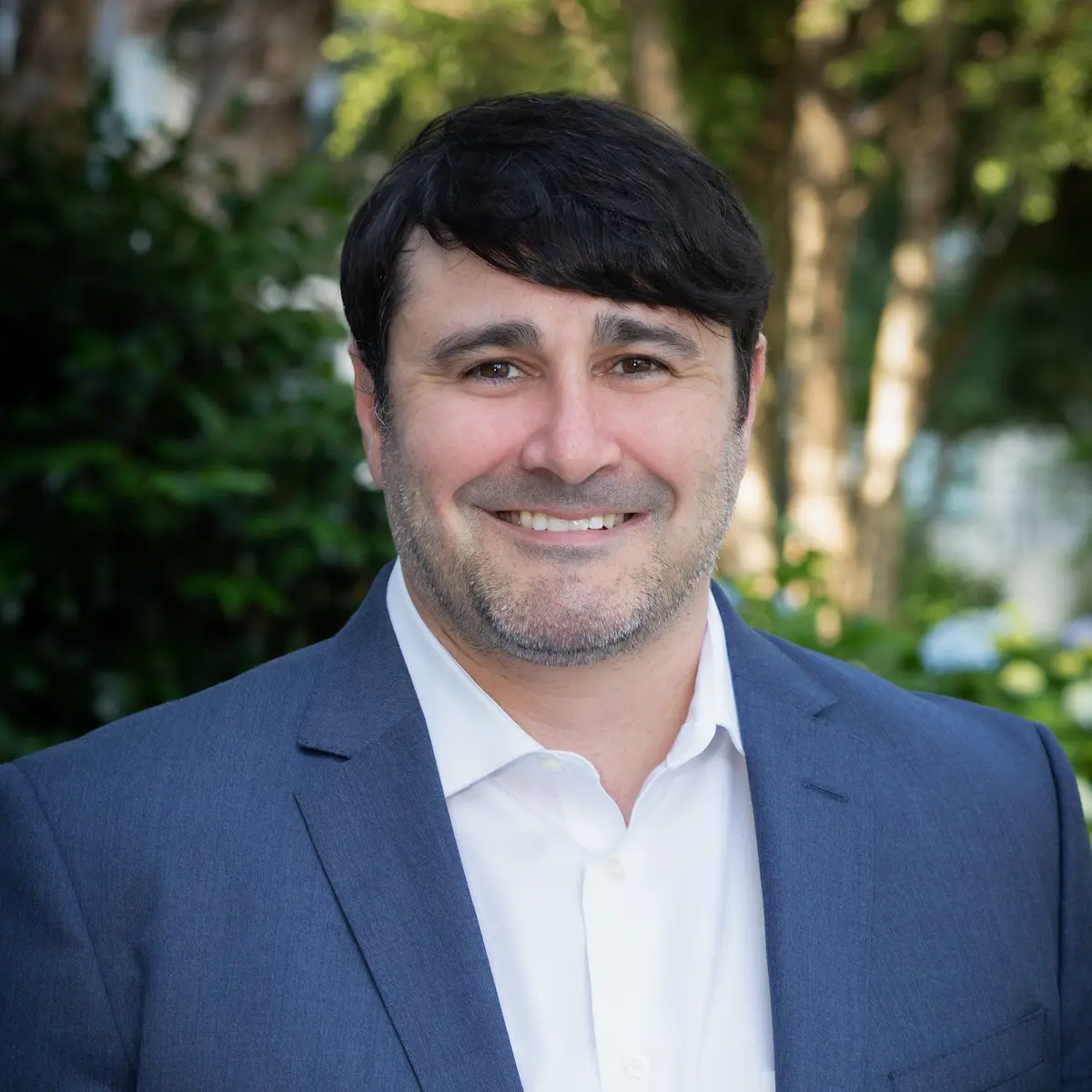Statista estimates the value of the commercial real estate market will reach $24.67 trillion in 2023. According to the Deloitte Center for Financial Services 2024 industry outlook, half the industry expects the cost of capital and capital availability to worsen through next year. Couple that with the $1.5 trillion wall of debt maturing before the end of 2025 and it’s easy to understand the trepidation in the market today.
But we’ve been here before.
The credit team at Peachtree Group has completed hundreds of transactions worth north of $15 billion. In our collective careers, we have seen borrowers navigate unstable markets, such as what we are experiencing today, in a variety of different ways.
Here are five tips for borrowers trying to navigate today’s difficult market, and secure funding for their project.
Acknowledging your Situation
It has been a borrower’s market for several years now, and this is not one of them. Do not forsake the term sheet in your hand – the Fed has raised interest rates 11 times since March of 2022. Spending too much time on turns of a term sheet might leave you losing any spread concessions to increases in the benchmark or, even worse – lenders deciding to pull terms altogether. If you have an offer from someone you trust, you might want to take it.
Grass Isn't Always Greener
On existing projects, your current lender is most likely your best friend. A lender willing to give you an extension is gold in this market. Getting additional terms out of your current lender is likely the least costly option, even if it comes with fees and a rate increase – it likely is still significantly less costly than what the current market will give you. However, I hope that you have been a good borrower – up to date on deliverables, communicative about the status of your project, etc. – make no mistake, the bank is doing you a favor, don't give credit committee a reason to say no.
Have you Considered CPACE
Being one of the largest CPACE originators in the country, Peachtree has seen a significant increase in pipeline looking to apply proceeds retroactively. Properties are eligible for CPACE up to 3 years after certificate of occupancy in approved municipalities and proceeds can generally be up to 35% of stabilized value. It’s a source of capital that has become more interesting to first mortgage lenders as the proceeds could be used to paydown your first mortgage and size a new interest reserve.
Try to Pay for your Overages and Carry Upfront
We pride ourselves on being lenders who want to be part of the solution when a deal has a budget bust or stabilization is taking longer than anticipated. However, I always encourage borrowers to size up their budget contingencies (i.e., 7% vs. 5%) or structure additional interest reserves. Yes, it will increase your initial capitalization, but your lender will pick up 60-70% of that cost in the loan funding. It may mean more work on the initial capital raise, but it's usually less costly than going back to your lender and/or equity mid-project to get additional capital.
Communication, Honesty and Transparency are Key
Lenders have access to data and information. They ultimately will discover the truth; it might as well come from you. This includes prior credit aberrations or issues and accurate property performance information. We have capital specifically for lending on special situations – there are a lot of deal-level risks that can be mitigated, but lack of trust with sponsorship is not one of them.
In uncertain times, hope for the best but prepare for the worst. Peachtree is an experienced capital partner who understands commercial real estate's nuances. With funding options limited from traditional lenders, our team has the lending solutions, financial capacity, and expertise to close complex transactions in today's challenging capital market environment.
We are available to discuss your lending options that meet your business objectives. Visit us at www.peachtreegroup.com.
Daniel Siegel is president and principal of Peachtree's commercial real estate lending group.
Before joining Peachtree, he was with Ardent Companies as managing director and the head of high-yield investments leading the company’s debt investments. Prior to that, Daniel was vice president of acquisitions at Rialto Capital, overseeing the distressed loan acquisitions platform. During his tenure at Rialto, Daniel directly oversaw the acquisition of commercial real estate loans on domestic and international opportunities. Additionally, he developed the firm’s small balance loan acquisition platform and led the company’s first European acquisition.
Daniel has a bachelor’s degree in finance from Tulane University. Contact him at dsiegel@peachtreegroup.com.






